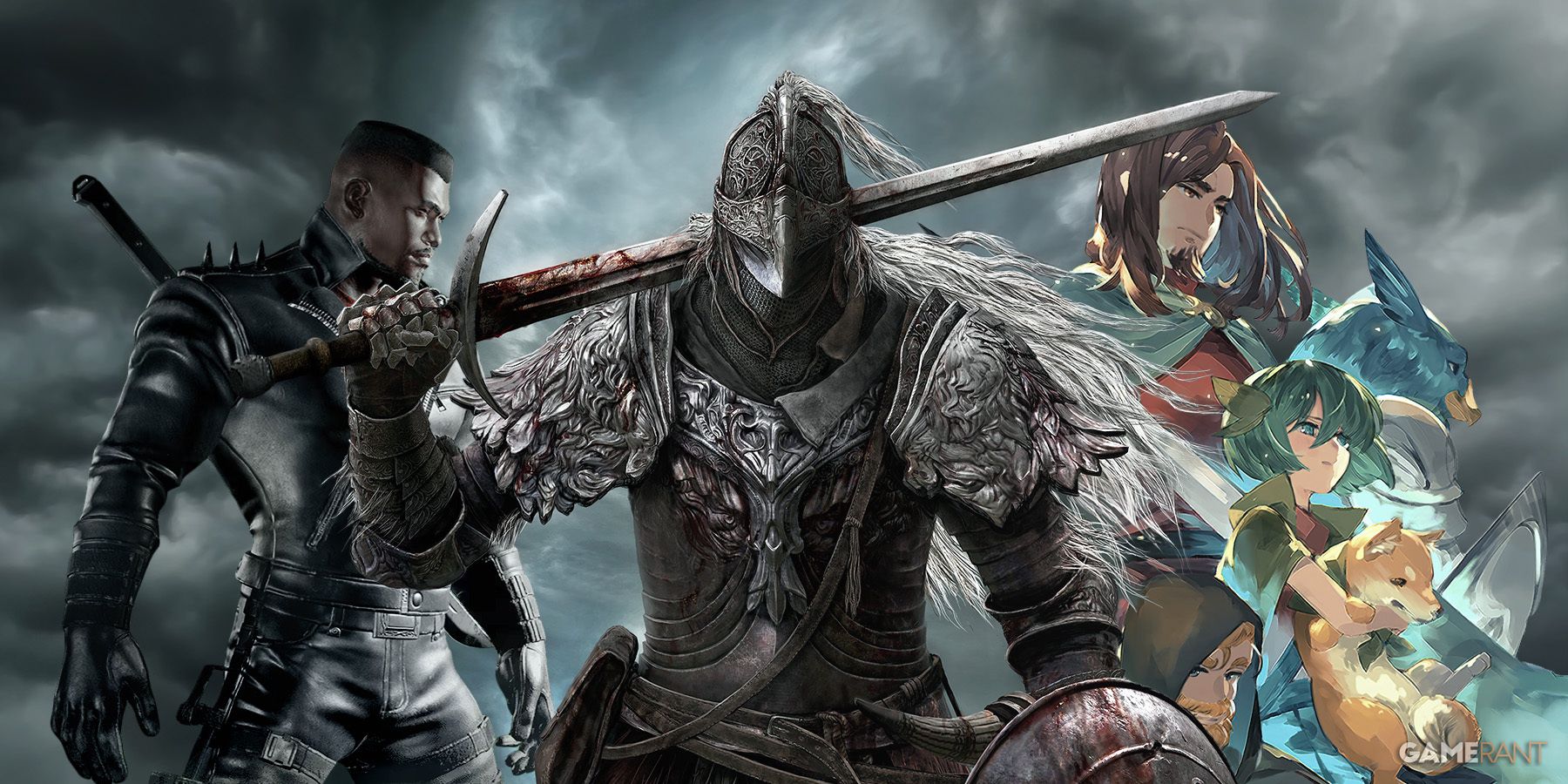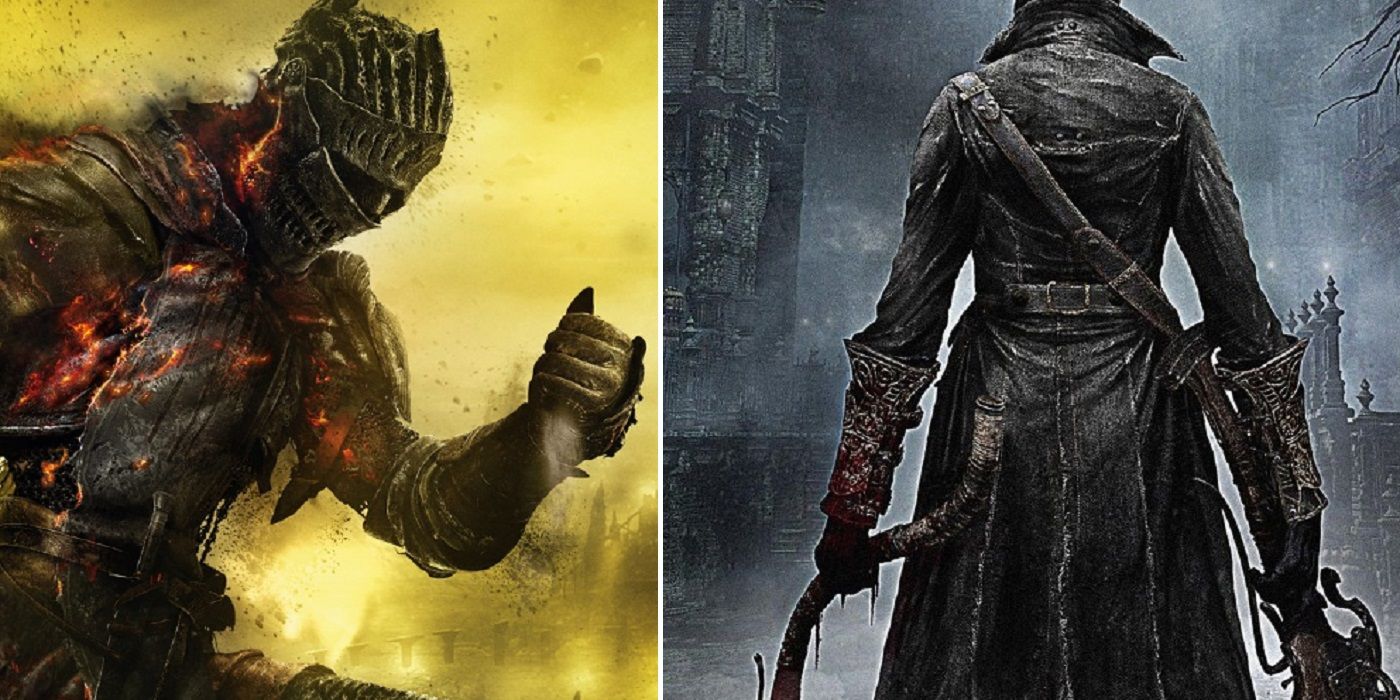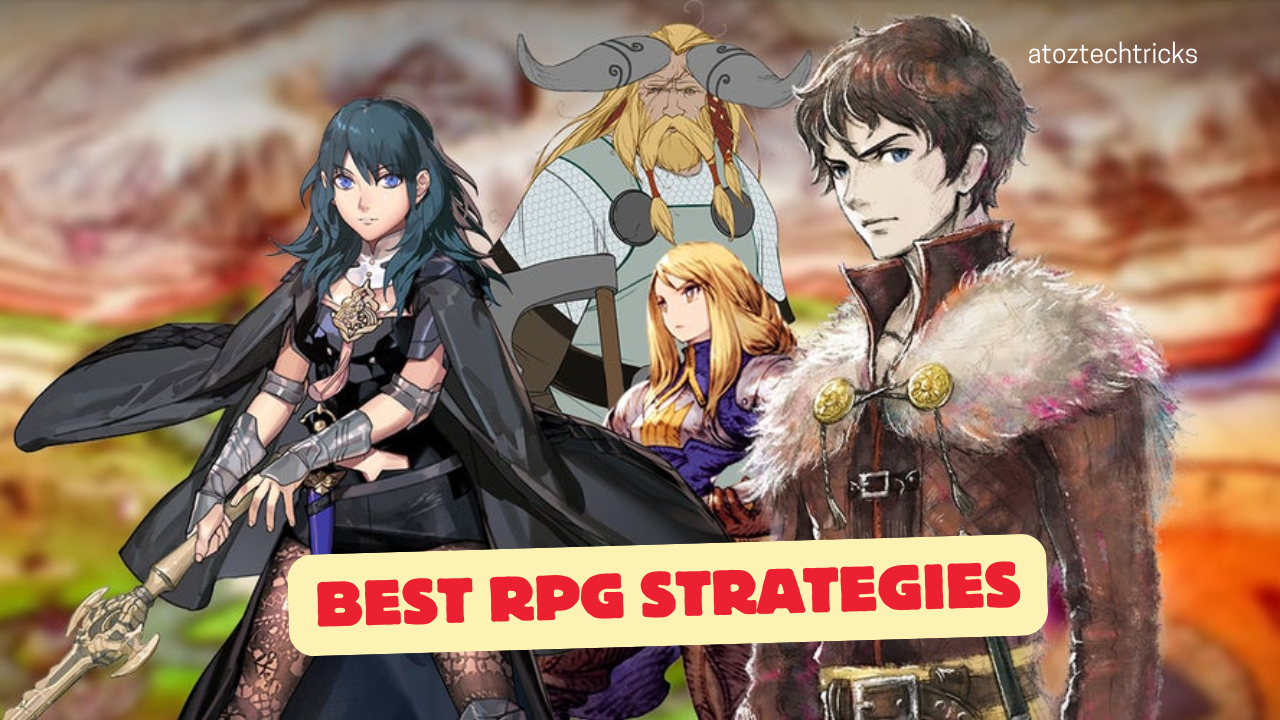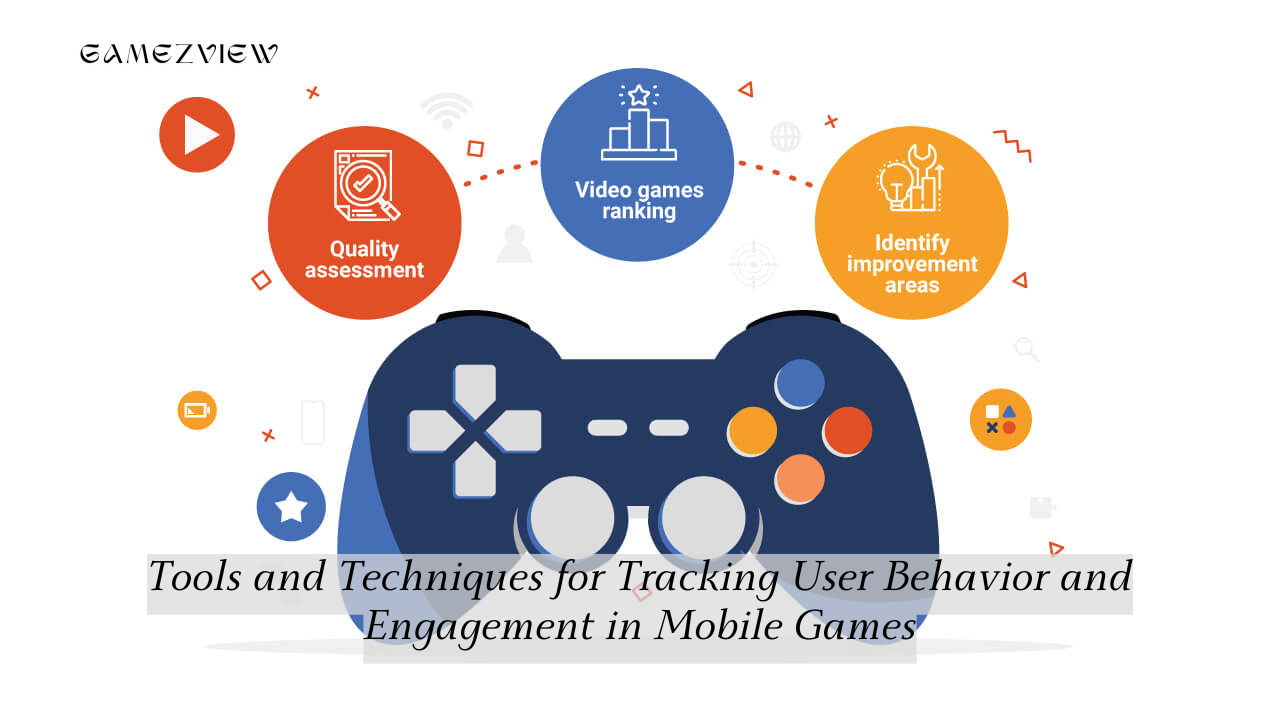Building the perfect character in a role-playing game (RPG) is a nuanced and strategic endeavour. It combines a deep knowledge of the game mechanics, an understanding of your preferred playstyle, and an appreciation of the game’s lore and world. Whether you’re tackling a tabletop RPG like Dungeons & Dragons or a video game RPG like The Elder Scrolls V: Skyrim, the principles remain similar. This guide will cover essential strategies and tips to help you craft a character that excels in your chosen RPG.
1. Understand the Game’s Mechanics
Before diving into character creation, it’s crucial to understand the mechanics of the RPG you’re playing. Each game has its own set of rules, attributes, and systems.
1.1. Familiarize Yourself with the Rules
- Read the Rulebook: For tabletop RPGs, thoroughly read the rulebook or core guide. Pay attention to character creation rules, skill checks, and combat systems.
- Study the Game System: For video game RPGs, explore the game’s tutorials, forums, or guides. Learn about the various character stats, skills, and abilities available.
1.2. Know the Attributes
- Primary Attributes: Most RPGs have primary attributes like strength, dexterity, intelligence, and charisma. Understanding how these attributes affect gameplay is crucial.
- Skill Trees: Learn how skill trees or progression systems work in your game. This helps in planning your character’s development.

2. Define Your Character’s Role
Every RPG character has a role within the game. Defining this role helps in shaping your character’s abilities and attributes.
2.1. Choose a Class or Archetype
- Classic Roles: RPGs often have classic roles like Warrior, Mage, Rogue, or Healer. Decide which role aligns with your play style.
- Hybrid Roles: Some games offer hybrid classes or customizable roles. Consider how combining different skills or classes might suit your playstyle.
2.2. Consider Your Playstyle
- Combat Focused: If you enjoy combat, focus on building a character with high offensive and defensive capabilities.
- Stealth and Strategy: For a more tactical approach, build a character with stealth and strategic skills.
- Supportive Role: If you prefer helping others, consider creating a healer or support character.
3. Craft a Compelling Backstory
A well-developed backstory adds depth to your character and enhances your role-playing experience.
3.1. Create a Personal History
- Origins: Where does your character come from? What is their background?
- Motivations: What drives your character? Is it revenge, honour, or discovery?
- Relationships: Consider relationships with other characters or factions in the game.
3.2. Integrate the Backstory into Gameplay
- Character Goals: Align your character’s goals with the game’s story.
- Role-Playing Opportunities: Use your backstory to create role-playing opportunities and interactions with other characters.
4. Optimize Character Attributes
Balancing your character’s attributes is essential for maximizing effectiveness in the game.
4.1. Allocate Points Strategically
- Strength and Combat: For a melee-focused character, invest heavily in strength and endurance.
- Dexterity and Stealth: For a rogue or archer, prioritize dexterity and agility.
- Intelligence and Magic: For magic users, focus on intelligence or wisdom.
4.2. Balance Offense and Defense
- Defensive Skills: Even if you focus on offence, ensure your character has adequate defensive skills or abilities.
- Offensive Power: Ensure your character can deal sufficient damage or achieve objectives effectively.

5. Develop Skills and Abilities
Skills and abilities define how your character interacts with the game world and its challenges.
5.1. Choose Relevant Skills
- Combat Skills: Select skills that complement your combat styles, such as melee combat, archery, or spell casting.
- Crafting and Support: Include skills that support crafting, healing, or other non-combat roles if they fit your character’s role.
5.2. Specialize or Diversify
- Specialization: Focus on a few key skills to excel in specific areas.
- Diversification: Invest in a broad range of skills to handle various situations.
6. Equip Your Character Wisely
Choosing the right equipment enhances your character’s effectiveness and survivability.
6.1. Select Appropriate Gear
- Weapon Choice: Choose weapons that match your character’s combat style and abilities.
- Armour and Protection: Select armour that provides the best balance between protection and mobility.
6.2. Enhance with Enchantments or Upgrades
- Enchantments: For games with magical enhancements, use enchantments that complement your character’s abilities.
- Upgrades: Invest in upgrades or enhancements that improve your character’s performance.
7. Mastering Combat Strategies
Effective combat strategies can make a significant difference in your RPG experience.
7.1. Learn the Combat System
- Attack Patterns: Understand how different attacks work, including combos, critical hits, and special abilities.
- Defence Mechanisms: Learn how to block, dodge, or counterattack effectively.
7.2. Adapt to Different Enemies
- Enemy Weaknesses: Identify and exploit enemy weaknesses and resistances.
- Tactical Positioning: Use terrain and positioning to your advantage in battles.
Pro Gamer Secrets: How to Improve Your Reaction Time and Accuracy
8. Develop a Character Build Plan
Creating a structured plan for character development ensures you build a powerful and versatile character.
8.1. Set Goals for Each Level
- Skill Progression: Plan which skills and abilities to improve at each level.
- Equipment Upgrades: Determine when and how to acquire new equipment or upgrades.
8.2. Adapt and Adjust
- Flexible Build: Be prepared to adapt your build based on changing game conditions or personal preferences.
- Feedback and Learning: Learn from gameplay experiences and adjust your build accordingly.
9. Collaborate and Role-Play
In many RPGs, interaction with other players or characters enhances the experience.
9.1. Work with Teammates
- Complementary Roles: Coordinate with other players to ensure that your character’s role complements the team.
- Team Strategies: Develop strategies that leverage each character’s strengths.
9.2. Engage in Role-Playing
- Character Interactions: Engage in meaningful interactions with other characters.
- Immersion: Use your character’s backstory and motivations to enhance role-playing.

10. Stay Updated and Adapt
RPGs often receive updates and balance changes. Staying informed ensures your character remains effective.
10.1. Monitor Game Updates
- Patch Notes: Read patch notes or update logs for changes that might impact your character.
- Community Feedback: Follow community discussions for insights and advice.
10.2. Adjust Your Strategy
- Rebuild if Necessary: Be ready to adjust your character build if the game’s balance changes.
- Experiment with New Strategies: Try new strategies or builds to keep the game fresh and engaging.
Building the perfect RPG character is a blend of understanding game mechanics, defining a clear role, crafting a compelling backstory, and strategically developing attributes, skills, and equipment. Whether you’re embarking on a grand adventure in a tabletop RPG or exploring a virtual world in a video game, these strategies will help you create a character that is both effective and enjoyable to play. Embrace the journey of character creation, and let your imagination and strategic thinking guide you to RPG success.



